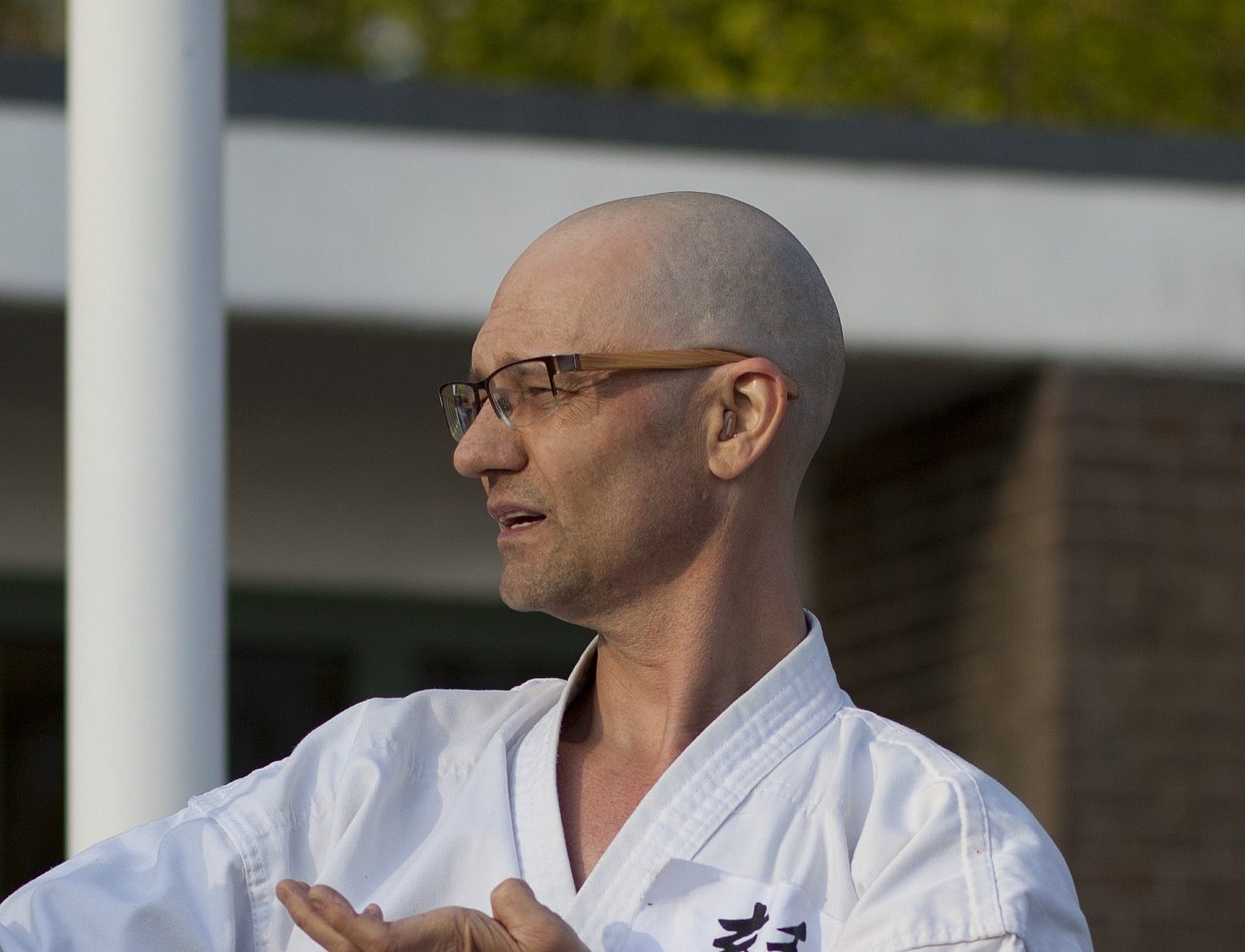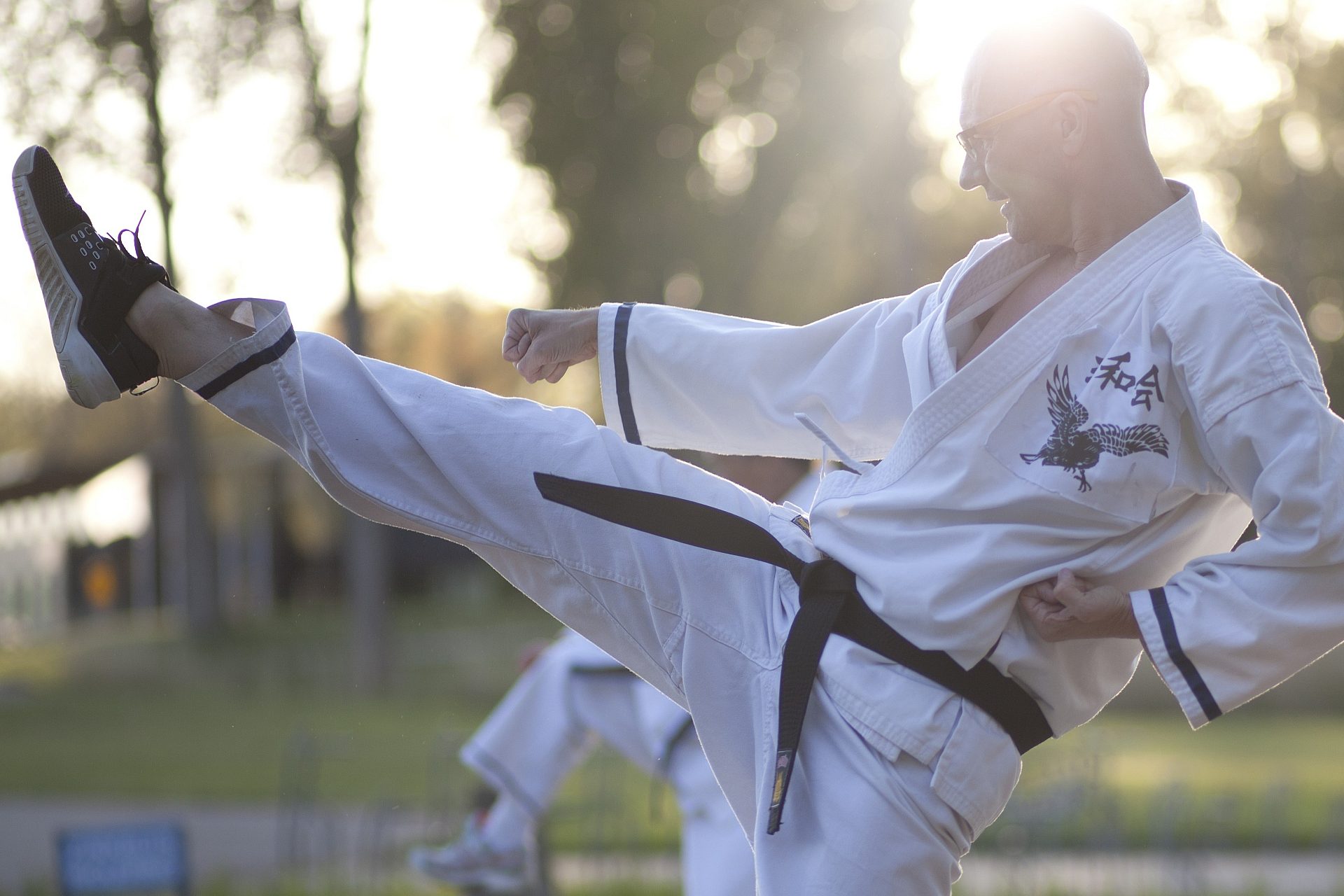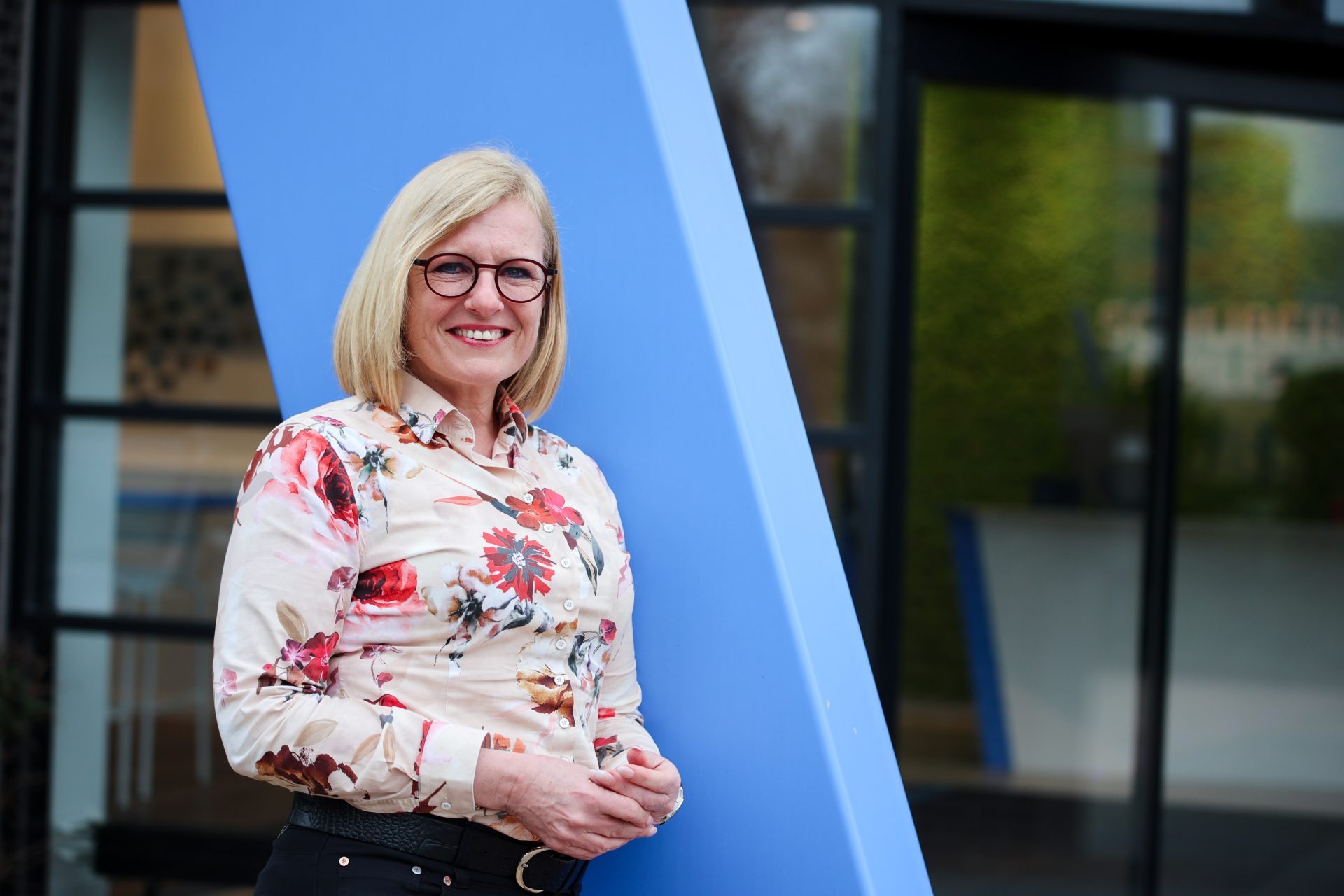Working life
You’ve been at Schuberg Philis for 17 years. How did your journey begin?
I was working in Hilversum within the Dutch television companies. I was one of the senior engineers responsible for the enterprise systems, working with Sybase databases and Sun Solaris. I was living in Hoofddorp, really close to Schuberg Philis’s Schiphol-Rijk office, and there were a lot of roadblocks on the A9, which was part of my commute. They were building a new road and it was so terrible that this one morning I was in a traffic jam for two or three hours. So I made a really impulsive call to look for a job in Schiphol or nearby. I sent my CV to an airplane company and, for some reason, one of the recruitment bureaus in close contact with Schuberg Philis found my CV and sent it to Philip Dries, one of our co-founders. It was not a special CV, from my point of view, but maybe some things about it triggered him, such as multiple database support, programming languages, and a lot of Unix. I had a couple interviews and remember one moment when I said: “But you're looking for an Oracle DBA and I’m a Sybase DBA; is that a match?” There was no mention of Oracle on my CV. They said: “True, but are you willing to learn Oracle?” I said: “Yeah, why not?” And so soon after, I started with Schuberg Philis as a DBA/Oracle DBA. At the time, I think we were 30 people – now we’re 400. My job title remains Mission Critical Engineer, and I mainly focus on Oracle, Oracle RAC, storage, and Linux/Unix.
What is a typical day like?
One of the most important dimensions of working at Schuberg Philis is that you talk with each other. That is, spread your information, but also adopt information from other teams about customers, new techniques, or how to do things in a better way. So every day my starting point is to walk around and make contact with people from my own team and others. You need to communicate to get updates and ideas that can help your own work. Or I might talk with Recruitment, asking: “Are there any new prospects for a role?” I participate in the hiring process for some roles. When it is a DBA role, they mostly schedule me for the technical interviews; when it is a non-DBA role, I'm mostly part of the cultural-fit interviews. Sometimes I talk with Sales, asking: “Are there are new opportunities?” Or if I might see that some people are struggling a little on my own team, I’ll reach out and see if maybe they need support. Because I’m one of the oldest members of my team and know a lot about the company and how it’s growing, I can offer some guidance based on my experience. So for the first two hours of the day, I’m talking with colleagues and in meetings, some informal, some formal. Then for one or two hours, I look into whether there were incidents in the night or the days before. Or was that a new error message? Or was there an issue at the customer? What are the latest tickets? Then I pick up the daily work: that can be coding, developing some new functionality, systems engineering, and seeing if there are any new patches for the operating system or newly published bugs. We have close contact with the vender of the software, so sometimes that requires an email.
Company culture
What qualities do you look for when interviewing candidates for DBA jobs?
The most important quality is not only knowing about technical things – yes, we seek the best people in the field – but also being a strong communicator. That way the team knows what you are doing and how you are doing. We are looking for the people who stay open and can say things, such as: “I’m going home, but I’m not sure if I can do any work because my child is sick.” What you see in traditional companies is that if you’re an engineer, you wait for a ticket, then you receive a ticket, you do the job requested by the ticket, and then you answer the ticket. It’s solved and then you report to your manager how many tickets you did this week. The manager might say: “Oh, that’s not much; you need to work harder.” Or “Oh, that’s a lot of tickets; you are one of my best engineers.” It’s not difficult to do 30 tickets in one day if, for example, it was a ticket for resetting a password 30 times, but how does that prepare you for your next challenge? That reminds me of a saying: I don’t fear the man we trained to do 10,000 kicks, but I fear the man we trained to do one kick 10,000 times. When you are working for a big customer who handles Dutch vital infrastructure, as Schuberg Philis customers do, it’s a different story. For example, together with the developers on my team, we found a specific part of a query that may have been leading to a performance problem for 20 years. It’s not every day that you have such an achievement, but if you find something like that, you need to broadcast it, saying: “Look, see what I found! How good is our team to enable these kinds of findings!” That is the kind of engineer we’re looking for. People who can be open about their findings and about their feelings.
What has kept you at the company?
When I entered Schuberg Philis, they were the best on the market and when they offered me a job, I could not say no. They have put me on a very good salary. But also, it’s their mission. I’ve now long worked with the three founders and I believe in their mission. The mission has always been to have the best people from the market, put them on one single team who stays in charge of the whole plan-build-run trajectory, and you will get a good result thanks to that good strong team. Another practice I like a lot is: if you see something strange that you don’t like, on a personal level or a technical level, speak out loud. Clearly. But you are never alone; your team will be there to support you. That’s what I continue to see and what continues to drive me to stay at the company.
With so many more colleagues nowadays, is it still easy to communicate with the founders?Yes, of course. You can call them. You can email them. Or walk by their room – the door is always open. Because we have already known each other so long, maybe it’s a little bit easier for me to do that, but to everybody they are available. If they’re busy when you get in touch, maybe they’ll say: “Oh, sorry, I’ve no time at the moment. Let me plan the meeting for tomorrow.” When I was working for just over a year at Schuberg Philis, I got married and invited the founders to attend. And they did, for the whole day: from the ceremony to the big party, staying til the end and meeting my friends and family.
Passion project
What do you like to do outside of work?
I’m a karate teacher, specifically of Genwakai karate-do. I’ve been practicing since 1998. When you start karate, you’re a student and during the years that you train, you’re always a student. Then there’s an extra role that you build up to in order to become a teacher. However, at that point, you’re a full teacher and a full student at the same time because the teacher needs to do the same, if not extra, learning as the student. Sometimes we put it this way: you start as a karate consumer and, over the years, it changes from consumer to producer. I feel the same at Schuberg Philis. We continuously learn from each other.
Does your karate practice inform how you do your job?
In karate, we say: how you are in the dojo, you also are at home or at work. You are one and the same. So a karate teacher or a karate practitioner shows consistency across all dimensions of life. You always have times in your working life that you think: “Oh fuck, I made a mistake.” And you see a lot of people immediately hammering the keyboard in hopes of solving the mistake and ensuring that nobody saw their fault. But your karate mindset says: “I’ve made a mistake. I need to think about what to do. What is the first step? The second step? Call your colleagues, inform people?” Maybe you need to discuss it with someone because you don’t exactly know what to do. Maybe the person you discuss it with also does not know, but you open a discussion together and they help you. This is what I see at Schuberg Philis: we are constantly learning from and teaching each other. At work, it’s the same as with karate: you could have a perfect kick, but then we talk about why that kick was perfect, how we can improve more, and how we can teach each other.
Improving toward perfection sounds like the 100% mentality that Schuberg Philis embraces.
In karate, we train hard and we may see that it’s going well, but it needs to keep getting even better. As my karate teacher, a special man, would say to me: “Kick 33 was OK. Kick 34, so-so. Kick 35 was really bad; that is not the level I want to see. Kick 36 was a really good recovery. That kind of detailed critique is the level we uphold at the company. That’s a mentality that you can train. As mission critical engineers, we also practice self-defense in the form of preparedness. For example, you always have your phone with you because it’s always possible that a colleague will call you at midnight, saying, “I need help.” You respond: “Of course,” and you’re ready for action.
Curious to know more about how more colleagues spend their days? See the whole series here.




